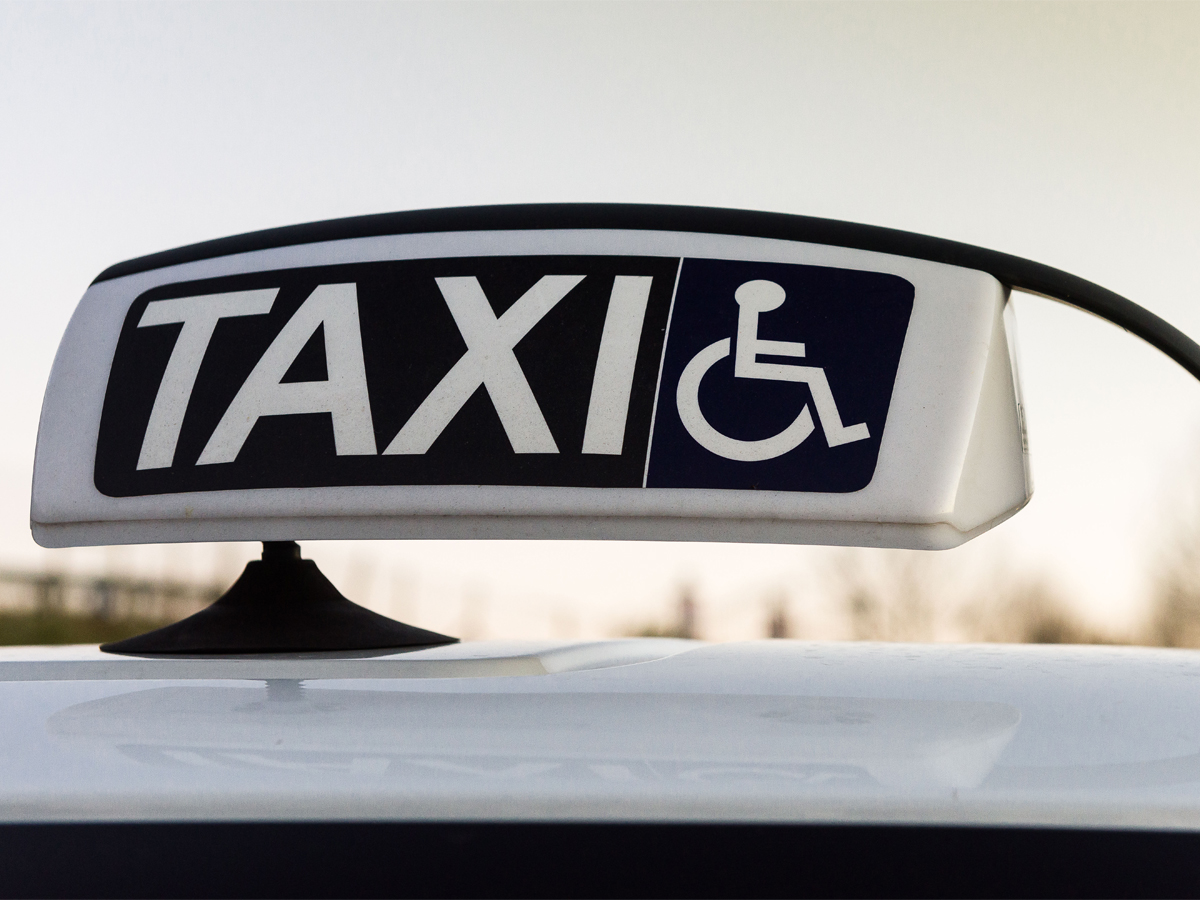Issues with the Smartcard, too few wheelchair accessible taxis (WATs) and long wait times are making ‘catching a cab’ a major problem for people with disability in NSW.
An online survey carried out by the Physical Disability Council of NSW found that the point-to-point taxi transport network is not meeting the needs of people with disability and industry practices are discouraging people with disability to bother using taxis at all.
“While there are obvious benefits and positives to taxi services, our survey indicates that the way the TTSS Smartcard has been rolled out, and ongoing issues with customer service and bookings, outweigh the positives for most users,” according to PDCN CEO, Serena Ovens.
“Although we raised these issues numerous times in the Accessible Transport Advisory Committee forum, and to the Point-to-Point Commissioner with the Perrottet Government over the past year we found there was very little willingness to engage in dialogue or constructive change,” Ovens told F2L.
However, Ovens is hopeful that the new Minns State Government will take the report seriously “and engage with us to work on progressing the recommendations outlined in the report”.
“At this stage there are a number of regulatory issues in the report that will take some time to address, however, pre-election Chris Minns made a verbal commitment to one of our staff directly affected by some of the taxi issues, particularly those that related to the interstate voucher use, so we hope the premier steps up to enacting on his commitment.”
According to Ovens, the NSW Taxi Council has convened a working group to look at matters addressed in the report. She said the council has been “willing and responsive to work to affect change, however the main taxi group 13CABS is yet to come to the table”. Many of the problems in the booking and TTSS Card use stem from issues with their proprietary systems, “so we would wish them to be a part of the discussions and be open to accessible improvements,” she said.
Supply of WATs is particularly important in rural and regional areas of NSW, where there is a reliance on these services since minimal alternative public transport is available. Some regional areas are reported to have only two WATs in operation or have lost all WATs in their region and the NSW Government needs to review the adequacy of current incentives to rebuild the WATs fleet, Ovens said.
Other recommendations to emerge from the report were thata single streamlined central booking system across the state be created and enforced, and the interstate booking system be nationalised.

